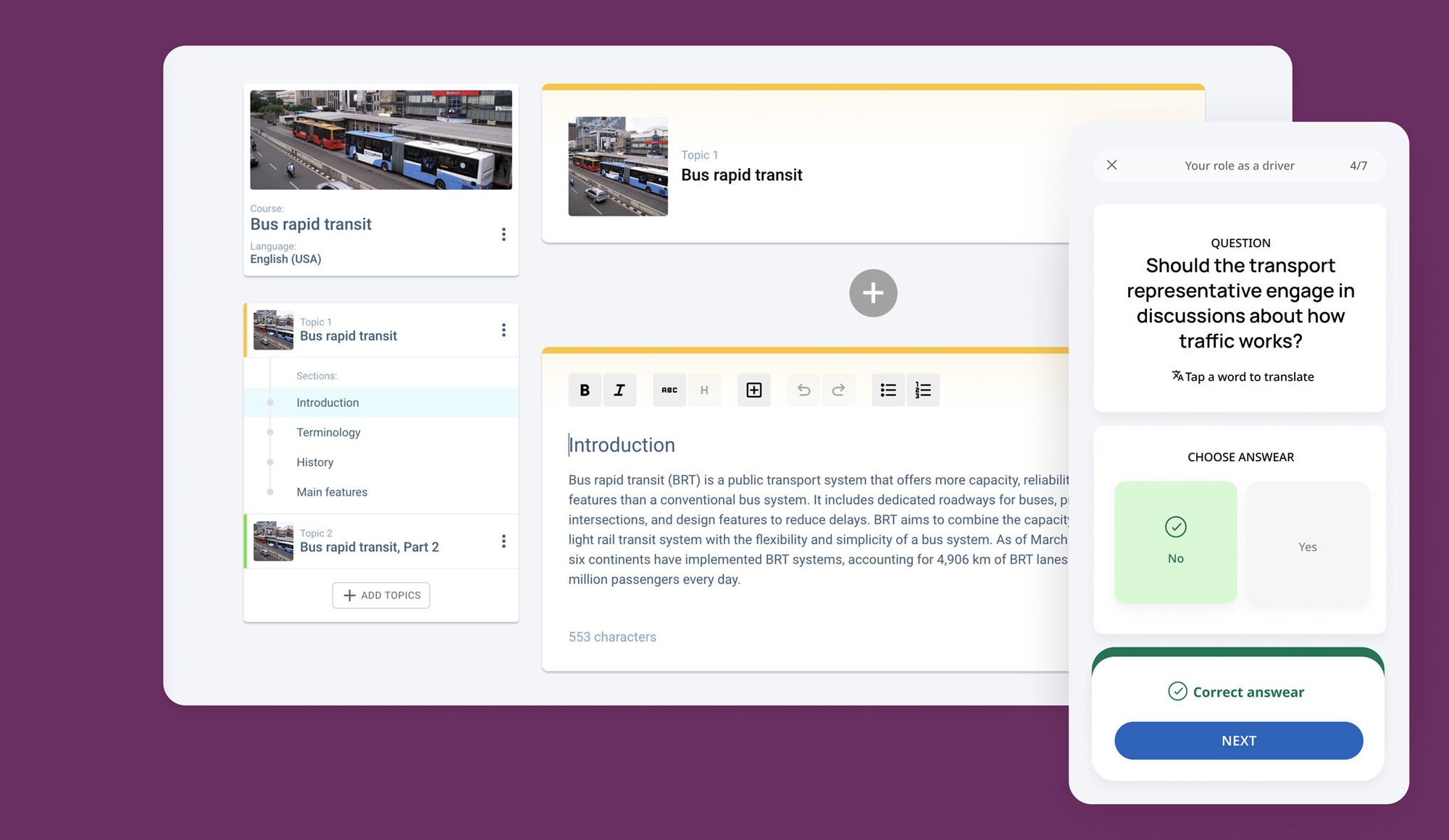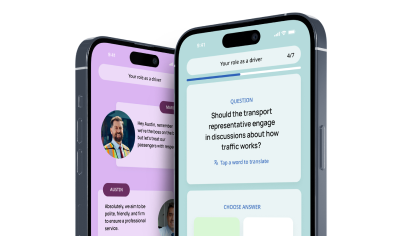Frequently Asked Questions (FAQs)
1. What are some common challenges when implementing SOPs in a hotel?
Implementing SOPs in a hotel can face several challenges, including resistance to change from staff accustomed to existing workflows and a lack of clear communication regarding the new procedures. Ensuring thorough training and understanding across diverse teams often poses difficulties, especially in larger hotels with high staff turnover. Additionally, maintaining updated SOPs to reflect the latest operational changes and compliance requirements requires diligent oversight and can be resource-intensive.
2. How can hotels measure the effectiveness of their SOPs?
Hotels can measure the effectiveness of their SOPs by monitoring key performance indicators (KPIs) that reflect operational efficiency and guest satisfaction. These metrics can include the speed of check-in and check-out processes, housekeeping turnaround times, and reservation error rates. Guest feedback, through surveys and online reviews, also provides direct insights into how well SOPs are enhancing the guest experience. Regular audits and staff feedback sessions can further gauge SOP compliance and identify areas for improvement.
3. How do SOPs contribute to staff training and development?
SOPs are critical in staff training and development within the hospitality industry. By providing a clear and consistent framework for performing tasks, SOPs ensure that all team members, regardless of their prior experience or background, understand their job roles. This consistent training helps maintain high service quality and aids in professional development by allowing staff to become proficient and skilled in various aspects of hotel operations. Furthermore, integrating SOPs into hotel management training programs reinforces best practices and fosters a culture of continuous improvement and competency among staff, preparing them for advancement and greater responsibilities within the hotel.
4. How often should an SOP in hotel industry be reviewed and updated?
SOPs should be reviewed and updated at least annually to ensure they remain relevant and effective in response to changes in hotel operations, guest expectations, and regulatory requirements. Additionally, it's prudent to reassess SOPs whenever significant changes occur, such as technology updates, management shifts, or after critical incidents that highlight procedural gaps. Regular updates help maintain operational efficiency and compliance, ensuring that the procedures continue to meet the hotel's current needs and standards.
5. What role does technology play in SOP management and training?
Advancements in training technology, such as those provided by Lingio hospitality staff training solutions, streamline the learning process for hotel staff and automate tasks. By integrating SOP training into engaging, mobile-friendly formats, Lingio ensures that training is comprehensive and accessible to staff on the go. Additionally, these tools offer interactive training modules that improve engagement and retention, directly addressing the challenge of how to train hotel staff on them. Technology also enables continuous monitoring of training progress and SOP compliance, allowing timely adjustments to enhance effectiveness.
6. How can hospitality courses enhance SOP training and compliance in hotels?
Hospitality courses can significantly enhance SOP training and compliance in hotels by providing structured learning that aligns with industry standards. These courses deepen staff understanding of best practices and operational standards, ensuring SOPs are executed consistently. Explore the best hospitality courses for detailed insights into integrating these courses with SOP training.


 Example of Lingio’s AI-generated quizzes to train staff on procedures.
Example of Lingio’s AI-generated quizzes to train staff on procedures.


